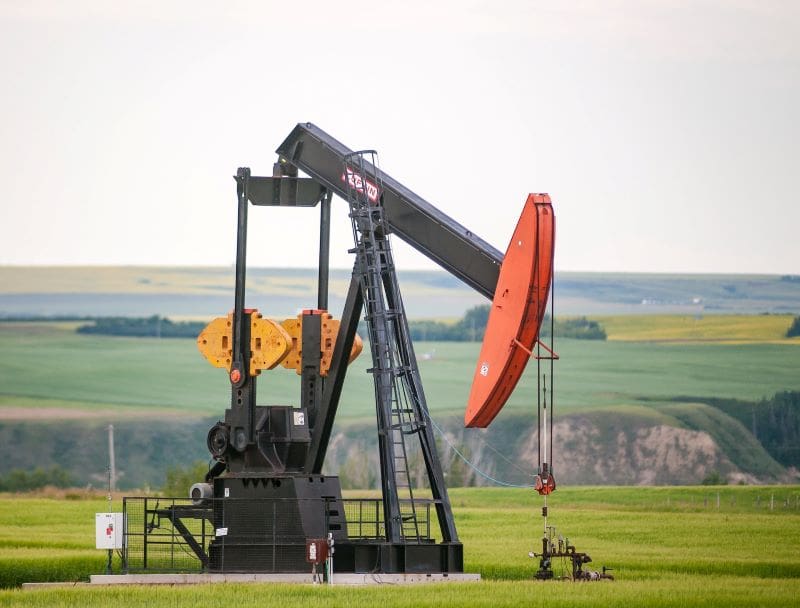The oil and gas industry plays a crucial role in powering our world, providing us with the energy necessary for modern life. From transportation to heating to lights and more, it all comes back to oil and gas. As a result, this industry offers a wide range of job opportunities for professionals with various skill sets and educational backgrounds.
Today, we’re counting down the top 10 jobs in the oil and gas industry. Whether you’re already a seasoned industry professional or a college student looking into a new field of study, this list will provide valuable insight into the most sought-after positions and their average salaries.
Education and Experience in Oil and Gas
The oil and gas sector is a technical field that requires specialized knowledge and skills, which are typically honed through formal education and hands-on experience. Although starting positions in the industry can be obtained with a high school diploma or equivalent, advancement often requires further education. For instance, engineering positions typically require a bachelor’s degree in engineering or a related field. Moreover, certification from recognized industry bodies can significantly enhance career prospects and open up more advanced positions.
For example, a Petroleum Geologist certification from the American Association of Petroleum Geologists can greatly boost a geologist’s career, while a Professional Engineer designation can significantly enhance a petroleum engineer’s job prospects. Many companies also value employees with safety certifications, as the oil and gas industry has stringent safety regulations.
Industry experience also plays a pivotal role in advancement within oil and gas jobs. Many of the top jobs require several years of experience, often in lower-level positions within the same field. Hands-on experience provides a deep understanding of the sector’s operations, potential challenges, and effective strategies, demonstrating to employers a candidate’s ability to apply theoretical knowledge in practical scenarios.
Top 10 Oil and Gas Jobs
Petroleum Engineer
As a petroleum engineer, you’ll be responsible for developing methods to extract oil and gas from below the earth’s surface. This involves designing equipment, planning drilling operations, and monitoring production. The average salary for a petroleum engineer is around $137,170 per year.
Geophysicist
Geophysicists use advanced technology to analyze the earth’s subsurface to identify and predict the location of oil and gas deposits. They also assess potential drilling risks to avoid worker injury and environmental disasters. The average salary for a geophysicist is about $91,000 per year.
Drilling Engineer
These engineers are tasked with planning and designing oil and gas wells. They oversee drilling operations and ensure safe and efficient extraction. The average salary for a drilling engineer is approximately $114,080 annually.
Well Log Analyst
A well log analyst interprets data from drilling operations to determine the potential for oil or gas production. They’re also in charge of communicating this analysis to others to help make the best decisions about how to proceed with a job. The average salary for this position is about $89,000 per year.
Seismic Interpreter
These specialists use seismic data to create 3D models of the earth’s subsurface, assisting in the decision-making process of where to drill. They earn an average salary of around $92,000 per year.
Completion Engineer
These engineers design and implement the methods used to finish drilling a well and start the production process. On average, they earn about $114,760 per year.
Reservoir Engineer
Reservoir engineers study oil and gas reserves to determine how to extract the maximum quantity from each well location. The average salary for this role is around $130,000 per year.
Offshore Driller
Offshore drillers operate the machinery used to extract oil and gas from beneath the ocean floor. The average salary for this job is approximately $75,000 annually.
Subsea Engineer
These engineers specialize in equipment and operations in underwater environments. They maintain and repair machinery used in offshore drilling. The average salary for this role is about $94,000 per year.
Geochemist
Geochemists analyze the chemical composition of the earth’s surface and below to predict oil and gas locations. They earn, on average, about $92,000 a year.
Future Prospects in the Oil and Gas Industry
With technological advancements and growing environmental concerns, new roles are emerging in the oil and gas industry at a rapid pace. These include renewable energy consultants, environmental engineers, and sustainability managers. Moreover, technology such as AI and machine learning are creating jobs for data scientists and analysts. Even if the traditional roles we cover today don’t seem like the right fit, it’s only a matter of time before a more suitable position is created.
Your Future in the Industry
The oil and gas industry offers a variety of lucrative job opportunities for professionals with varying educational backgrounds and experience levels. As the industry continues to evolve, even more opportunities are likely to arise. For anyone looking for a good career that provides a necessary service to people across the country and the world, look no further than oil and gas.
References
For further information on oil and gas jobs, check out the following resources:
- The American Association of Petroleum Geologists.
- The Society of Petroleum Engineers.
- Petroleum Labor Market Information Division of Energy Safety Canada.
- Oil and Gas Journal Career Center.









